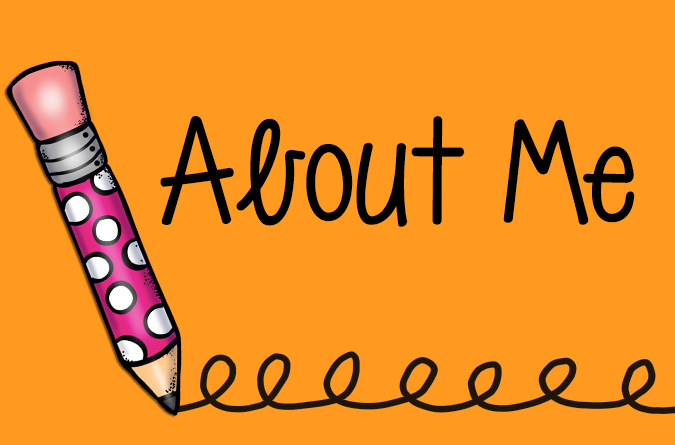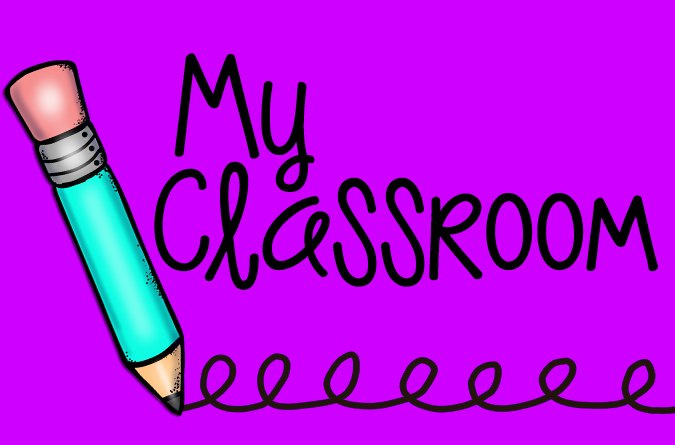There is probably no problem more frustrating to a teacher than a student that seemingly refuses to write! We try helping them to get started, spoon-feed them ideas, assign them a writing partner to help, and eventually start to threaten punishment. We have all been there. Following are a few solutions that might help.
1. ACCEPT EVERYTHING THEY WRITE
Many students who won't write, have developed a deep-seeded fear of critique. At some point, they went from a care-free preschooler/kindergartner whose drawings and invented spellings were celebrated to a third grader with writer's block. ALL early learners LOVE to "write" and they don't know enough to worry about neatness and spelling. But at some point, it is brought to their attention, that there is a "right way" to do things and their writing definitely looks wrong! This is when many young writers "go dark." They get the idea that it is better to write nothing than to do it wrong. So, as your students are getting to know you and your classroom environment...ACCEPT EVERYTHING that they write, give lots of praise and publicly acknowledge their efforts as a writer....even if it is only one little sentence...or even just a word!! When they begin to feel safe and trust you, then you can begin to help them to set writing goals.2. FOCUS ON CONTENT NOT SPELLING AND PUNCTUATION
I know..I know....it drives you crazy to see all those spelling and punctuation mistakes (and gosh is their handwriting sloppy). However, focusing on those things will give young writers the wrong message about writing. Writing is about CONTENT.....ideas and how they are delivered with words onto the page. Writing is a unique activity in that it is a window into our souls. Your students realize this and worry about showing that much of themselves by putting it in writing. If they finally get up enough courage to write something, and you critique their spelling and punctuation.....well, you can really do some damage to a students ability to take a risk in their writing. It may be a long while before they do that again! There is a time and place for teaching spelling and writing conventions, but it should not be the focus of your writer's workshop.3. SPEND TIME ON TOPIC GENERATION
Some of our student jump right in, when they are asked to write something. They seem to have an endless supply of stories to tell and information to share! But some of your writers have no idea how to go about coming up with a writing idea. All good writing units should start with immersion in whatever text type you are teaching, by looking at mentor text and allowing your students to study how to do it (i.e....How does a narrative typically go? What do writers of narratives typically do?). Part of this immersion process should include strategies for generating topics. Don't assume that students can just think up a topic "just like that". They will need ideas for getting started and time to create topic lists. Class generated topic lists can be very helpful for students who struggle to come up with ideas. Check out HELPING STUDENTS TO DISCOVER WRITING TOPICS for more ideas on topic generation.4. FLASH DRAFTING AND THE WRITERS NOTEBOOK
The writer's notebook needs to be a safe place for students to draft their ideas. Do not read things from your students writers notebooks without being given permission first. Do not critique, judge or grade anything from the notebook. If a child asks you to read something they write in their notebook, give specific praise on something you noticed that they tried to do. They will soon learn that they can experiment with writing in their notebook without fear of being judged. This is what you want! The desired effect is that they will start writing...a lot....and trying out some of the brilliant writing strategies that you have taught them!Also, encourage your students to do a lot of "flash drafting". Flash drafting is a piece that has been written in one sitting, without much planning, no revision or editing. These flash drafts often turn into more polished pieces later on. Flash drafting can really help your struggling writers to develop fluency in their writing. To learn more read my post FLASH DRAFTING: THE BEST WAY TO IMPROVE WRITING FLUENCY
5. ORAL REHEARSAL
I have a lot of success with my most stubborn non-writers by having them TELL their story before trying to write it. It usually starts with me noticing they are staring at a blank page. I ask, "What are you writing about today?" They tell me their topic idea and I say, "Oh, tell me more about that." They are usually excited to do that, and give me an animated retelling of the story. Then I help them to get the big events onto a planner and have them orally rehearse again with a partner. This process seems to get the wheels greased and rolling for many students who are stuck on how to get started. They are just beginning to realize that writing is just TELLING the story...but on paper. If they can TELL it....they can WRITE it.6. GIVE EXTRA TIME
Some students who refuse to write, may need extra time. Give it to them. Give them options like....you can work on this at home, or during your free class time, or during recess (by choice only). The time constraints of your writer's workshop can be a stressor for some students. I don't know why this is. But some students just seem anxious when faced with a blank sheet of paper, in a classroom filled with other students who are frantically writing away. I have noticed that these students will write much more when sitting at a picnic table during recess, or at home at their kitchen table.
7. CREATE REASONABLE DEADLINES
Every unit that I teach culminates in a pretty wonderful writing celebration at the end. It usually involves a polished piece that students get to share either with a peer, a small group or the whole class. Sometimes special guests are brought in to delight in our finished writing (like the principal, parents, other classes). It is a very special day and students look forward to it, and prepare for it throughout each unit. Students who do not complete their final draft prior to the celebration date, do not get to fully participate. This is very motivating...in a mostly positive way. It is very sad for everyone, when a student doesn't make the deadline and can't participate....but a valuable life lesson has been learned and that student usually doesn't allow it to happen again. I have seen miracles happen when a student realizes that if they don't "light a fire" they are going to miss out on our celebration.....all of a sudden their notebook begins to fill with words, and sentences...AND PARAGRAPHS! However some also realize that four weeks of writing nothing, followed by one week of writing like mad is not an effective writing strategy and next time around they are going to get an earlier start. The moral of the story here is: make sure to celebrate student writing in some type of culminating event AND allow the natural consequences of deadlines run their course. Parents don't like this...but they understand.
That's all I've got! So...what are your techniques for helping students who JUST WON'T WRITE? I'd love to hear about some of your great ideas in the comments below!
In the next post (HELP! They Write Too Much) I will be addressing what to do with students who just won't "land that plane" and get to the point in their writing. You know the ones....they read their story to you and your mind starts to wander. It just goes on and on and on and on......
Need some amazing writing resources for your students check out my TPT STORE! This intervention bundle is perfect for your struggling writers:





















No comments
Note: Only a member of this blog may post a comment.